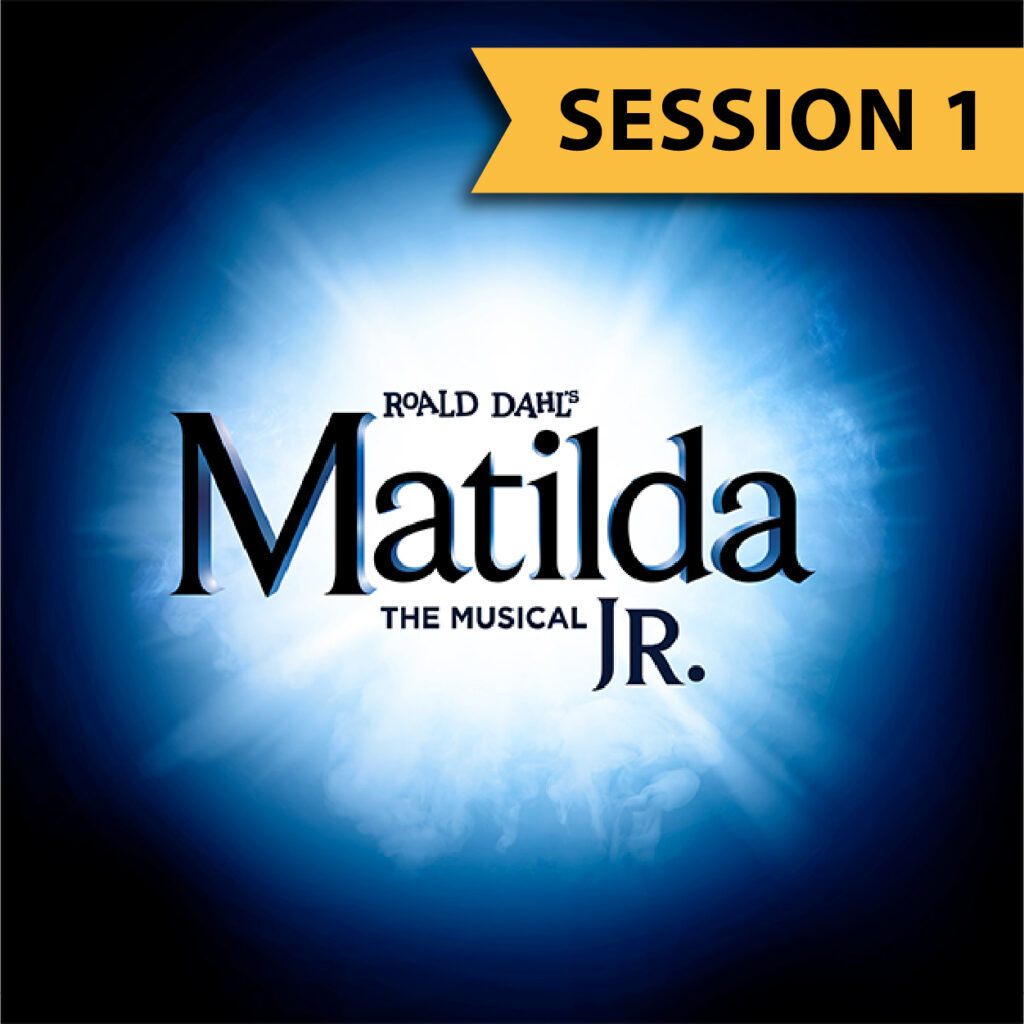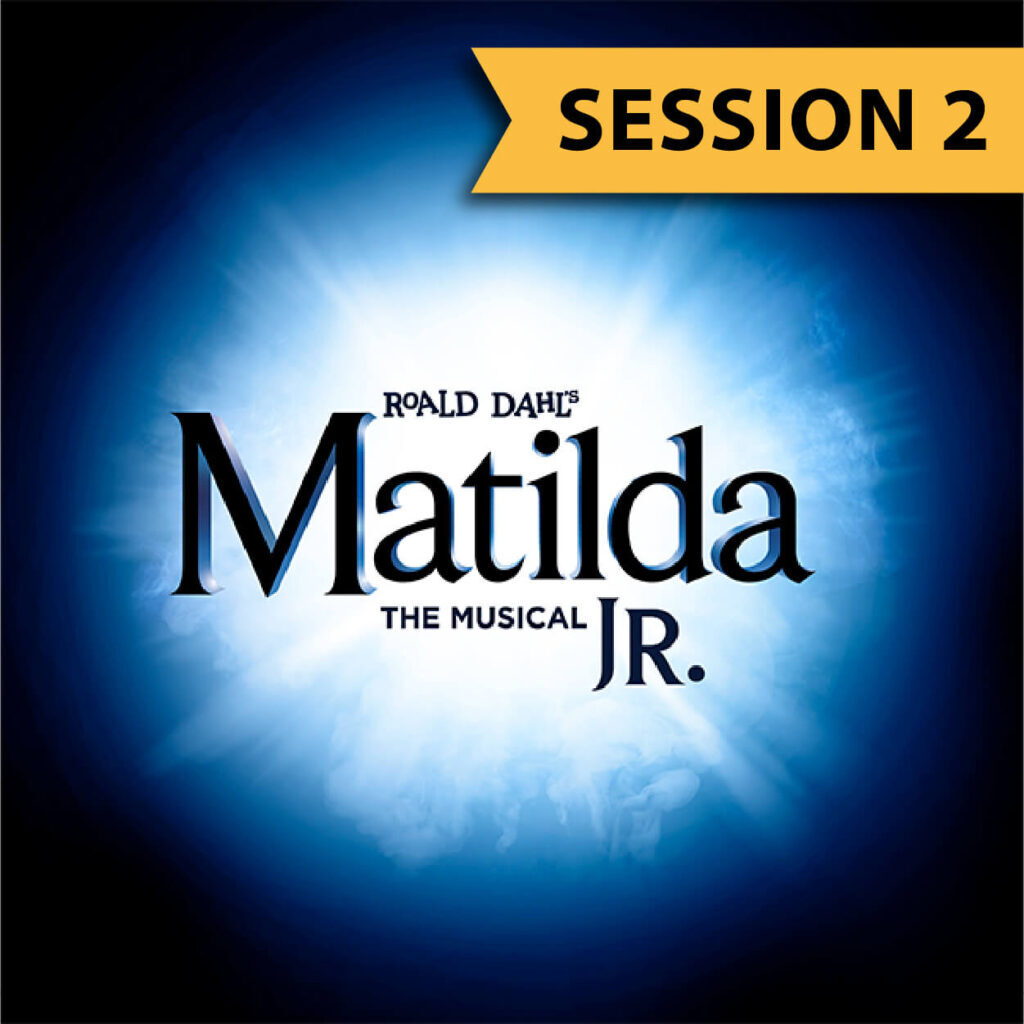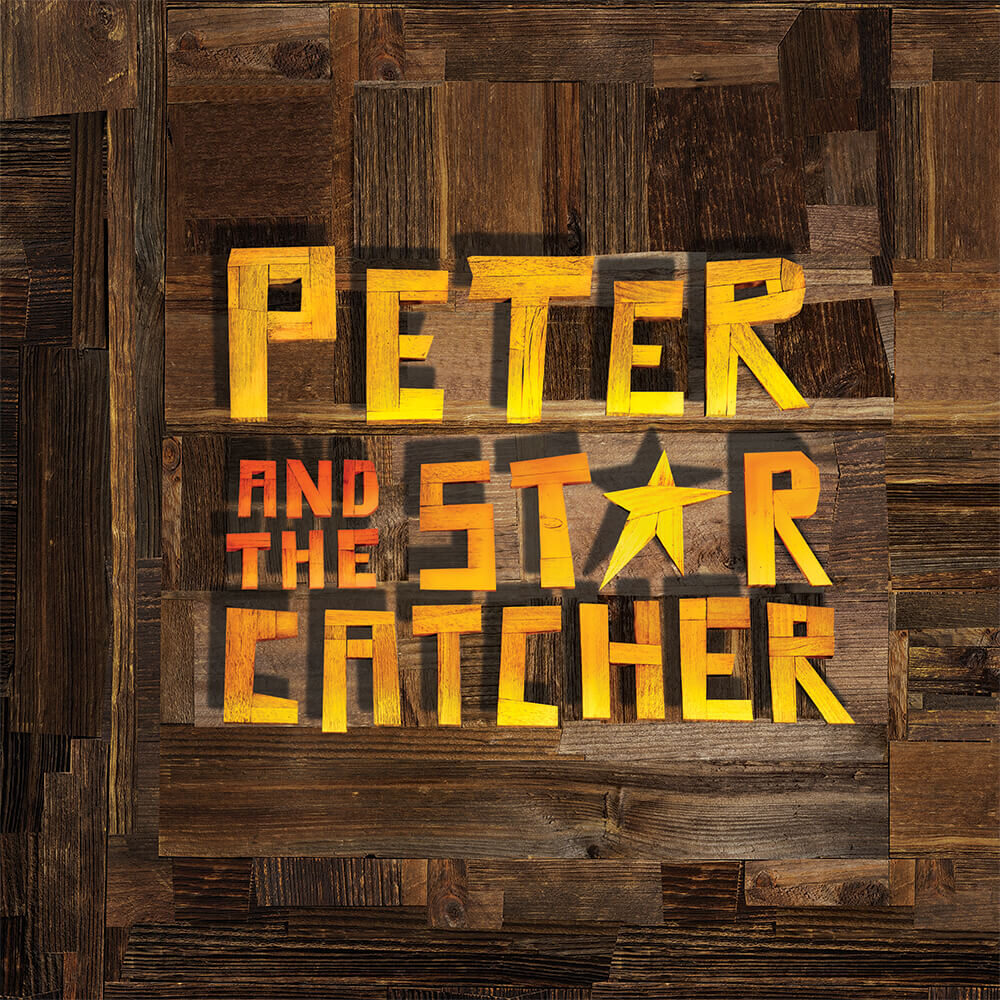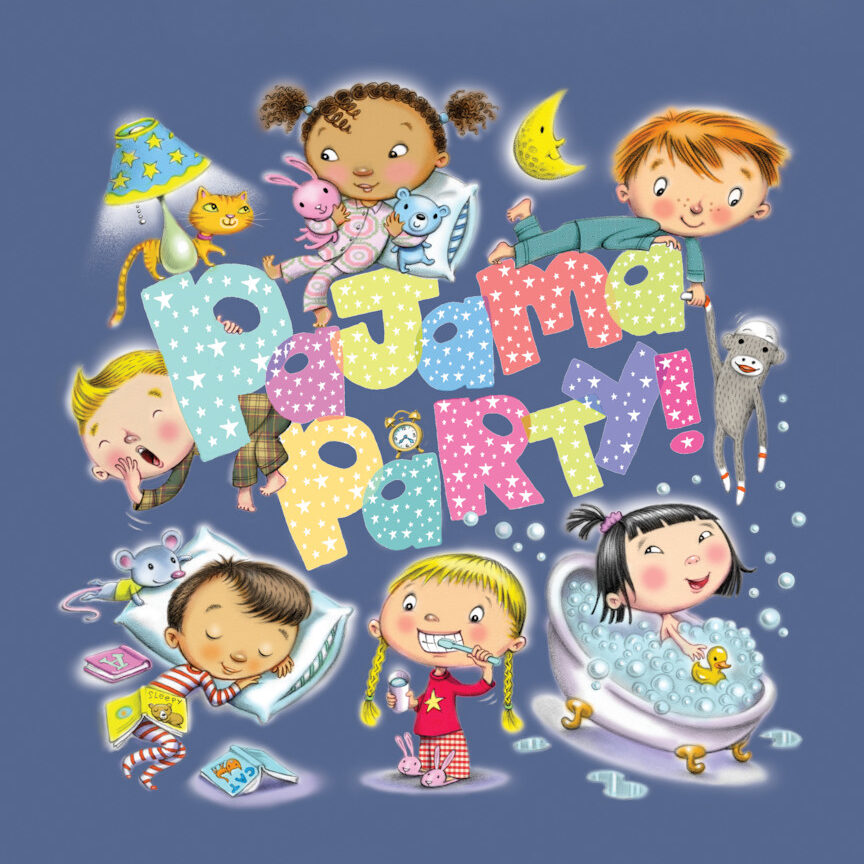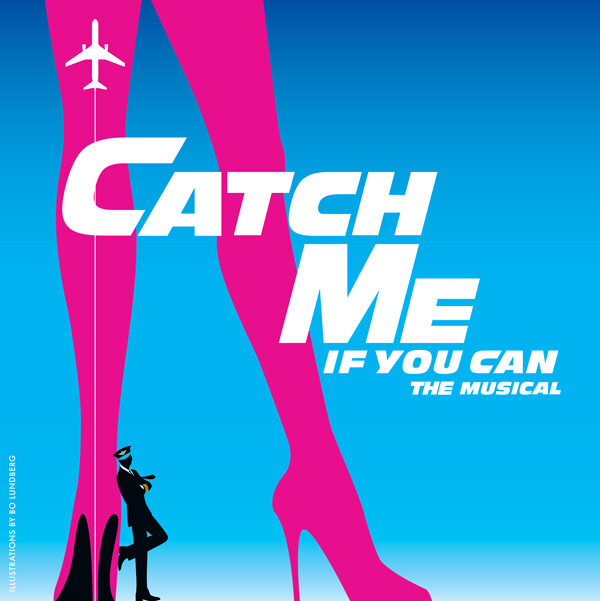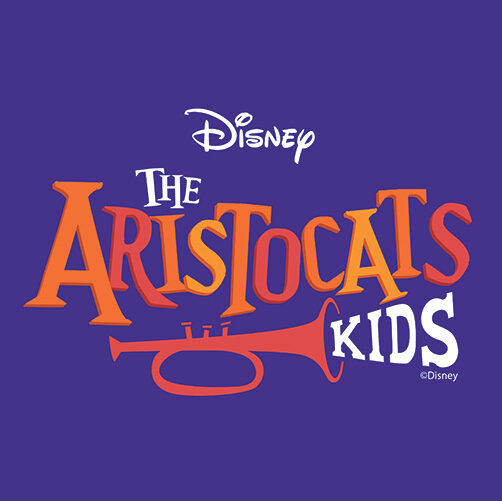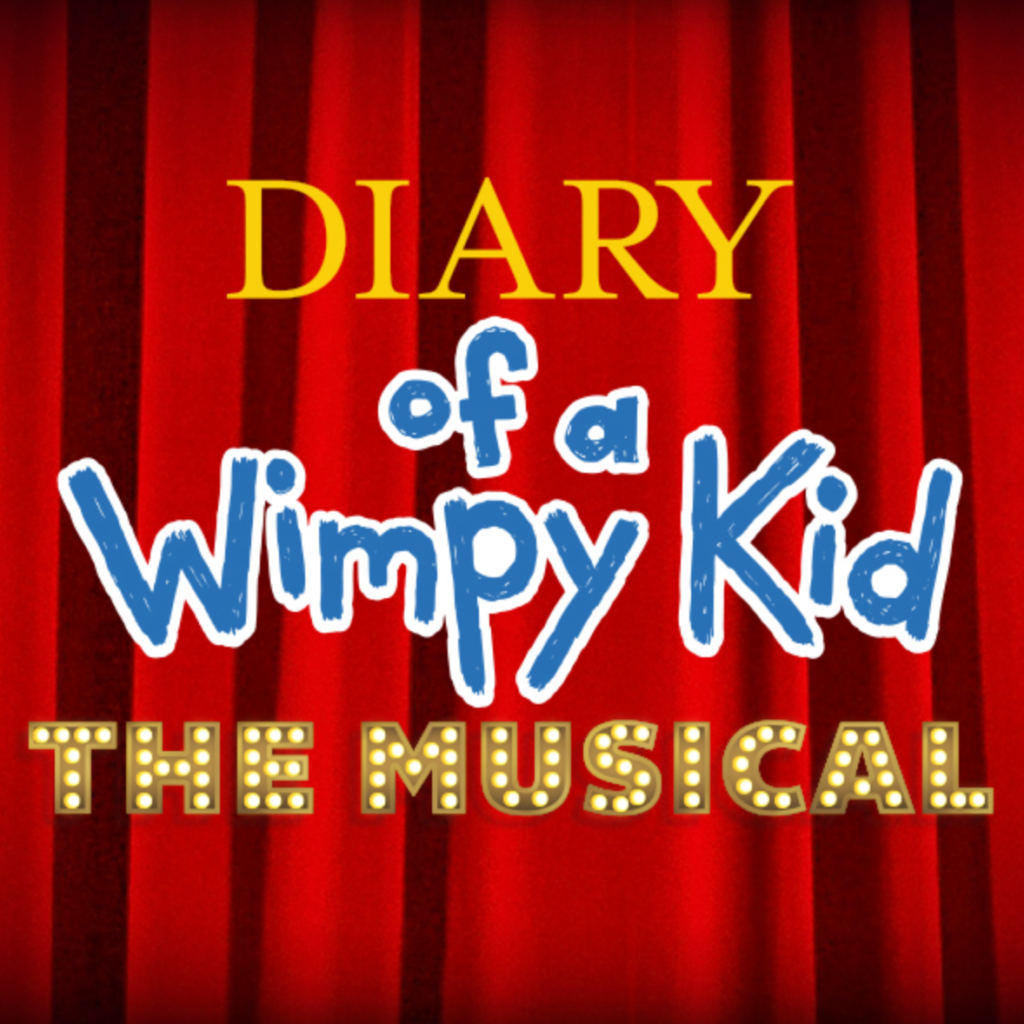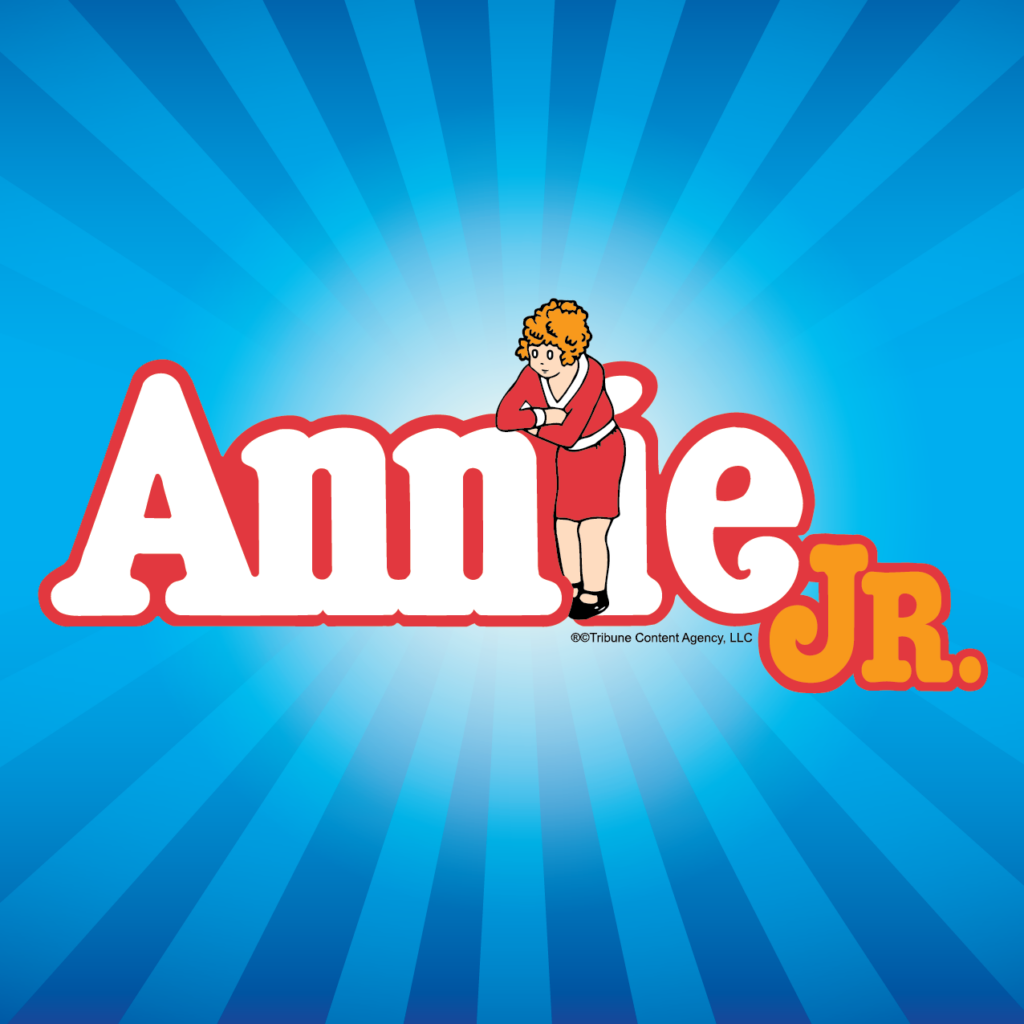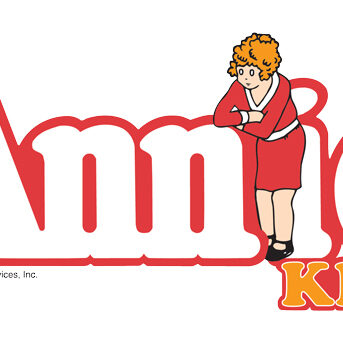theatre Camps teach important life skills over summer break!
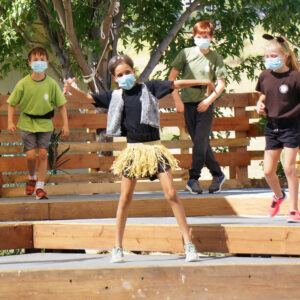
Participation in a musical theatre camp at PAA can leave a lasting impression on your student. Not just the friendships, memories, songs, lines, and choreography, but necessary skills that will serve them long after camp ends.
Here are 7 life skills musical theatre students learn:
- How to Fail Forward
The process of learning all of the songs, lines, and choreography for a musical theatre show is fraught with failure. Within the structure of musical theatre students are encouraged to try new things, and yes, fail, surrounded by a support system of teaching artists and peers. And of course, once students are performing on stage, they can’t give up in the middle of a scene or song because of a missed line, they have to keep going. The show must go on! There are so few places where students have permission, and encouragement, to fail, but musical theatre is one of those places!
- Authentic Self-Confidence
Self confidence comes from knowing what you’re capable of and musical theatre is a fantastic environment to urge students out of their comfort zones to let them discover the boundaries of their abilities. Everything from auditions, to choreography, to music stretches and pushes students to discover new capabilities. And with theatre, the feedback is immediate from peers, teaching artists, and of course, the audience.
- Mental Flexibility
Dealing with change is hard, but it gets easier with practice. In theatre, back-up plans are built in. Understudies, multiple versions of the same prop, improvisation, all exist to insure a successful performance. When there is a team of people working together toward a common goal students learn that change is expected, and it’s not the end of the world when things don’t go as planned.
- How to Memorize Things Quickly
In theatre, memorization is the key to success. Auditions often require quick learning of choreography, and in rehearsals the faster a student can memorize their lines and queues, the faster they can develop a complex character and engage with their fellow actors in the scene. It works to everyone’s advantage for every actor to have their part memorized so the group support to reach this goal is unparalleled.
- Empathy
theatre is one of the best places for students to learn and practice empathy. In order to develop a character, students have to understand how their character feels, imagine themselves going through the same experiences as their character, and determine how they would feel in the same situation. This type of empathy exercise helps students to better understand social relationships, complex issues, and emotions. It can lead to better reading comprehension and more complex thinking.
- Time Management and Responsibility
Even when camp takes up a full 9-4 day, there is still individual work to be done outside of camp. Lines have to be memorized, choreography practiced, and songs rehearsed. Balancing the time students spend outside of camp between family, friends, and other activities, while maintaining a healthy lifestyle takes effort. When a student’s time isn’t managed properly, they let their fellow cast-mates down, which is a pretty great motivator for most students.
- Teamwork
You know the saying that there is no “I” in “team”? Well there is no “I” in “cast” either. When working in an ensemble every student, from the dancers, to the leads, has to be engaged in the moment to keep the story moving forward. Experiencing the power of collective achievement provides a foundation on which our students build an awareness of their place in our world, and deepen their understanding that together, we become more than we are individually.
Summer camps at PAA are enrolling now for students in kindergarten through 12th grade with a special conservatory level camp for experienced high school students. Camps are 1-2 weeks, and either half-day or full-day during June and July.
Make this summer unforgettable with PAA! Register for summer camp today!
Fall Shows
Summer Shows
PAA Awards




